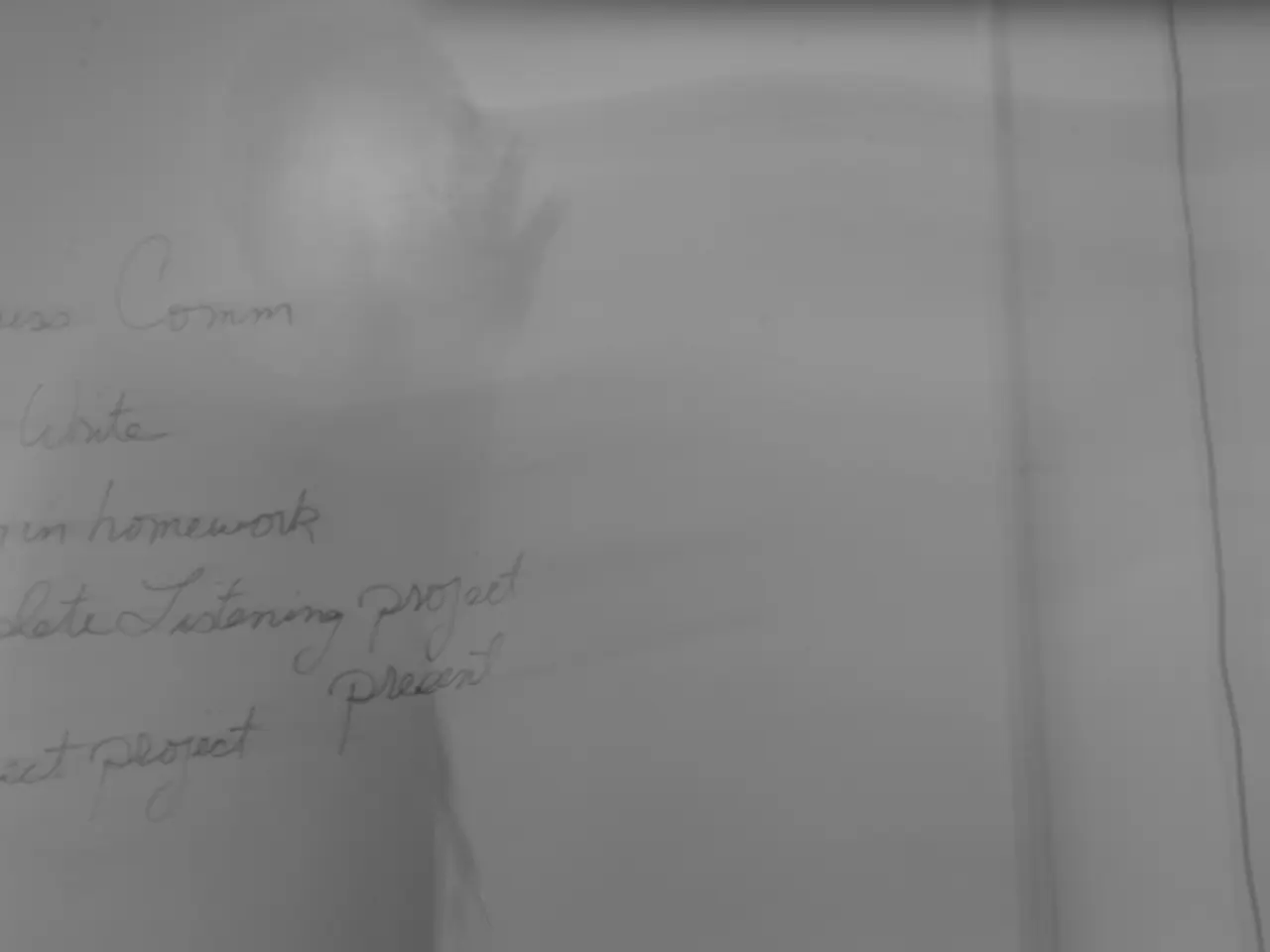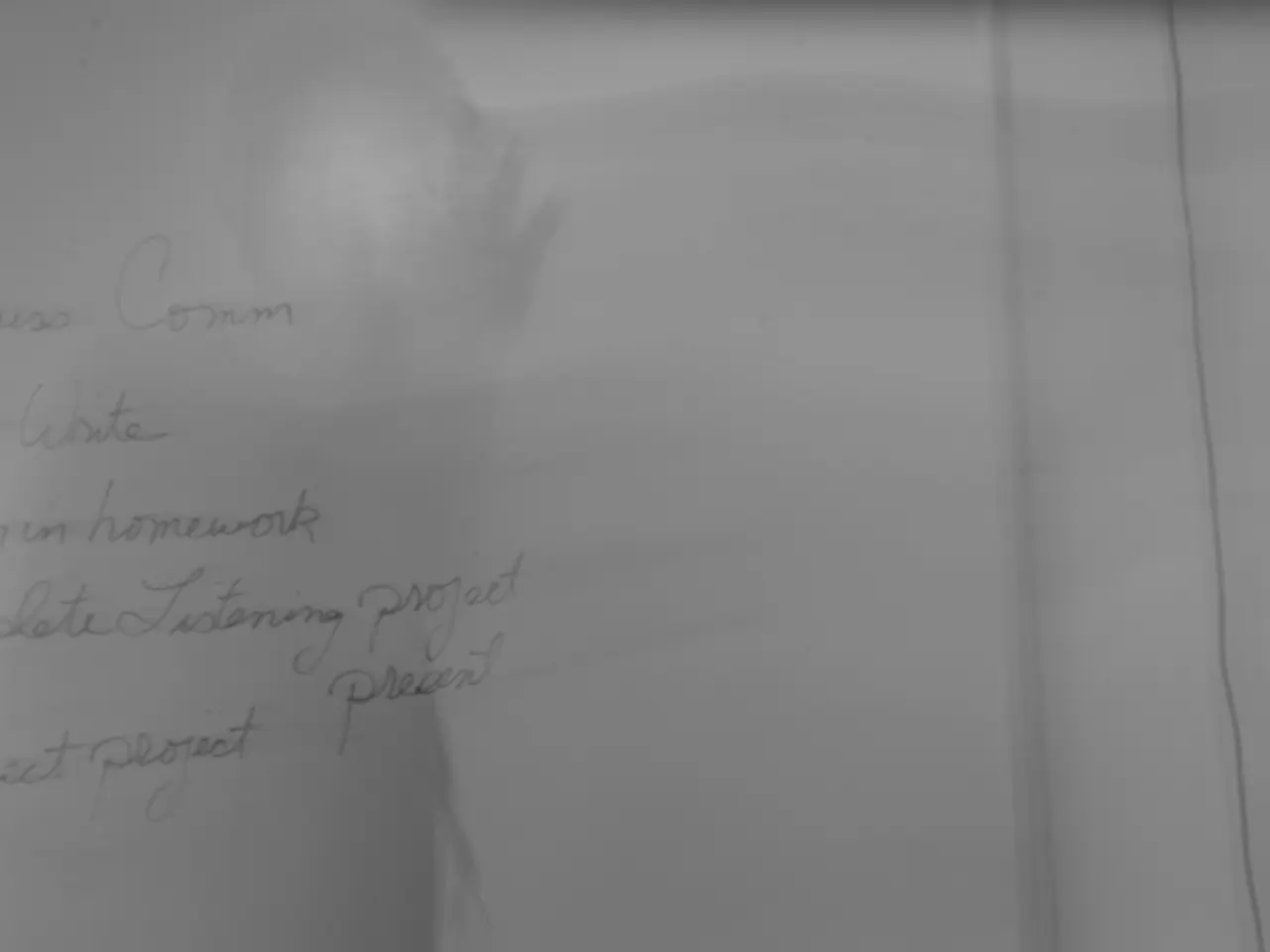Editorial: The Modern Minimum Wage Struggle - A Slap on the Wrist for Klingbeil
- by Lisa Becke
Increased finances for low-income earners, resulting in a victory for critics over Klingbeil - Additional funds for low-income individuals - congratulations to Klinghoek on their hard-won accolades.
The grumpy football fan sipping on a beer at the stands and the SPD leader whining for a pay raise - they share an unwanted resemblance. That's the common ground Steffen Kampeter, the employers' representative in the Minimum Wage Commission, has observed. And for a good reason.
In this unlikely alliance of employers, labor unions, and the independent commission, Klingbeil seems to stick out like a sore thumb. Unsurprisingly, the result has finally been announced: a compromise of 13.90 euros by January 2026, escalating to 14.60 euros as of January 2027.
This scattered compromise, though contentious, strikes a balance between protecting employees and minimizing the weight on businesses. Steffen Kampeter, from the German Association of Employers, and Stefan Körzell, representing the German Trade Union Confederation, nodded in agreement. If one were to complain about this result, it seems to be the man "who's complaining with a beer can in hand from the sidelines."
The Laborious Journey of Minimum Wage Discussions
Reaching a common ground wasn't guaranteed. Particularly due to Klingbeil and his peers in the SPD, the whole process became unnecessarily charged with political meddling. During the 2022 elections, there was a political call for a clear escalation to 12 euros, bypassing the commission altogether. However, by the end of negotiations, no deal was struck, which weighed heavily on the commission's shoulders.
An outright compromise was barely within reach. The commission barely dodged the bullet, managing to save itself from disbanding despite the tumultuous economy and escalating prices.
It was the SPD that fueled the disputes. All parties involved – employers, labor unions, and the independent chair – agree on this point. It all came down to this ultimatum from the SPD: 15 euros! And who propagated this ambitious demand but none other than SPD leader, Vice-Chancellor, and Finance Minister, Lars Klingbeil: The proposed minimum wage of 15 euros should be reached by 2026 "if the Minimum Wage Commission takes itself seriously and implements what is in its business order."
This berating statement left representatives on all sides unimpressed. Trade unionist Stefan Körzell, when asked if they took themselves seriously, said that, otherwise, they could have been basking in the lovely weather by the Spree instead of working on these complex negotiations. In other words, thanks for nothing, dear Lars Klingbeil.
For those who argue otherwise, Kampeter, the employer representative, points out, "That goal should have gone in, no matter what." But, alas, compromises are about give and take, and it seems that this concept seems to escape the person "whining with a beer can in hand from the sidelines."
Today may have been a better day to start for Klingbeil, but it ended with the unveiling of a less-than-impressive result for the SPD leader. Perhaps tonight he'll need a drink or two, or maybe even more. Here are some key terms:
- Minimum Wage
- SPD
- Employers
- Steffen Kampeter
- Stefan Körzell
- Minimum Wage Commission
- DGB
- Olaf Scholz
Additional Insights:
- Germany employed a national minimum wage in 2015, advocated by the SPD then in power.
- Since then, regular adjustments have been recommended by an independent commission comprising employer and union representatives.
- In April 2022, under SPD Chancellor Olaf Scholz, the wage was raised to €12 per hour, fulfilling their campaign promise.
- The recent compromise, agreed upon by the commission, includes escalations from €12.82 to €13.90 in early 2026 and then to €14.60 in 2027.
- The SPD had lobbied for a €15 minimum wage, but opposition from the conservative bloc, economic constraints, and coalition negotiation dynamics resulted in a more modest increase.
- Federal Minister for Labor and Social Affairs Bärbel Bas, a member of the SPD, has been the public face of advocating for these changes.
- Lars Klingbeil, SPD leader, oversees the party's political strategy and vision, shaping its commitment to worker protections and wage increases.
- The common ground observed among employers, labor unions, and the independent commission in the Minimum Wage Commission is that SPD leader Lars Klingbeil's demands for a minimum wage of 15 euros by 2026 seemed overly ambitious and lacked a sense of compromise, much like the grumpy football fan sipping a beer at the stands.
- Finance Minister Lars Klingbeil's political meddling and insistence on a minimum wage of 15 euros by 2026 put immense pressure on the Minimum Wage Commission and threatened to derail the entire process, making it a contentious issue in both business and political circles.





